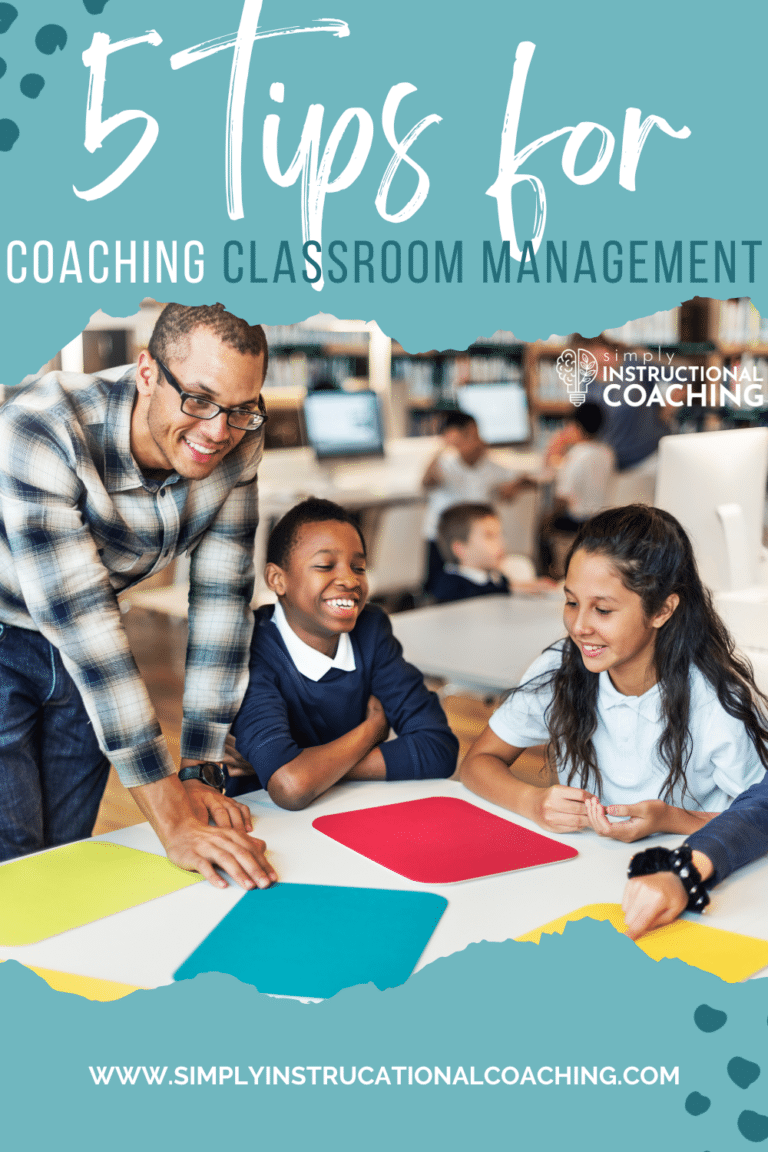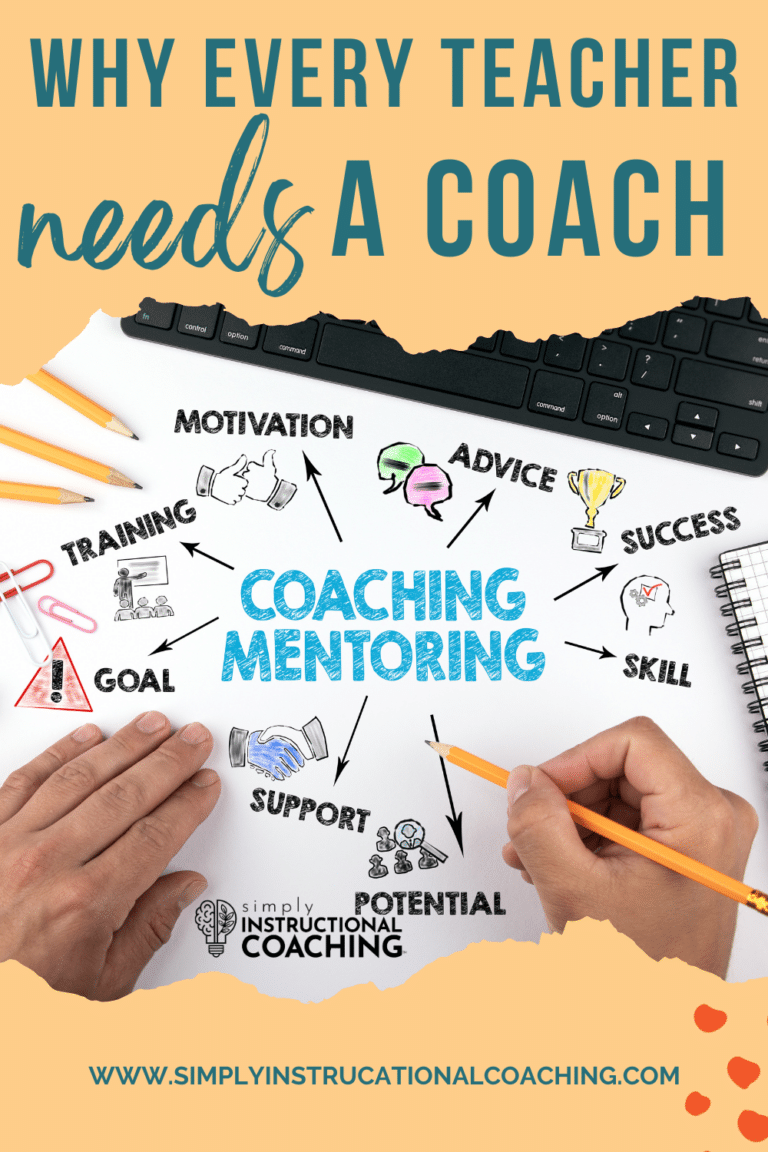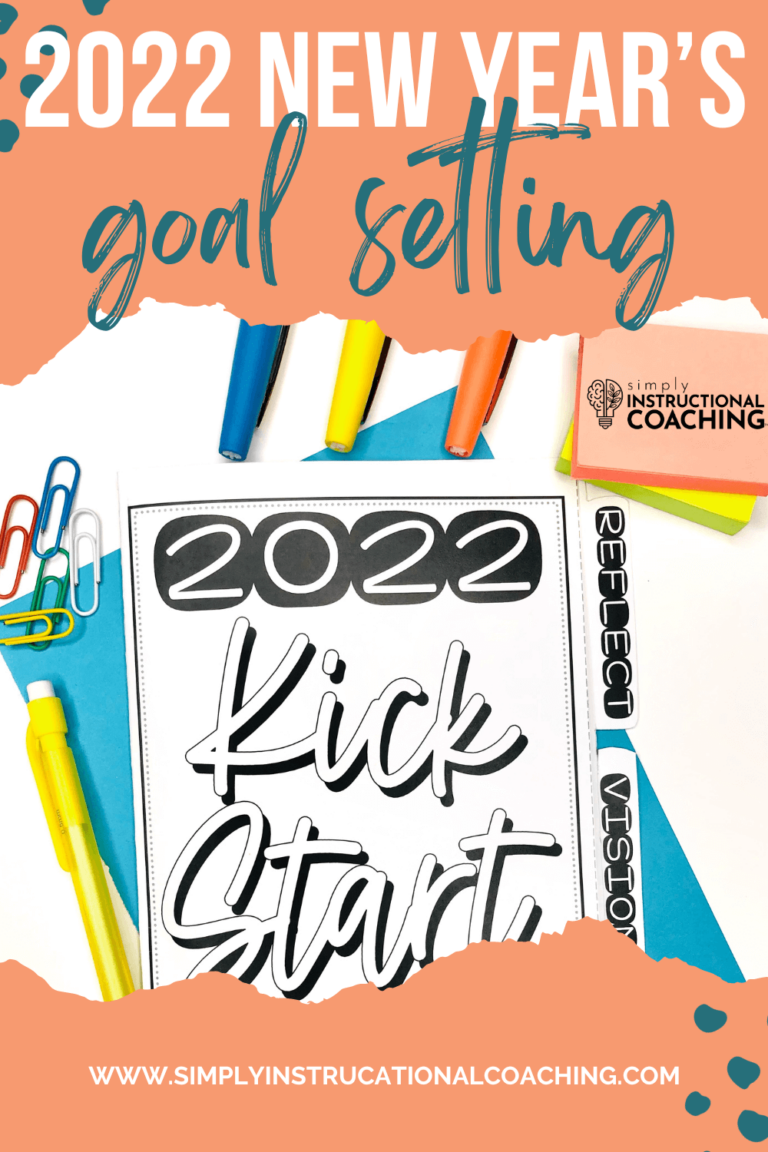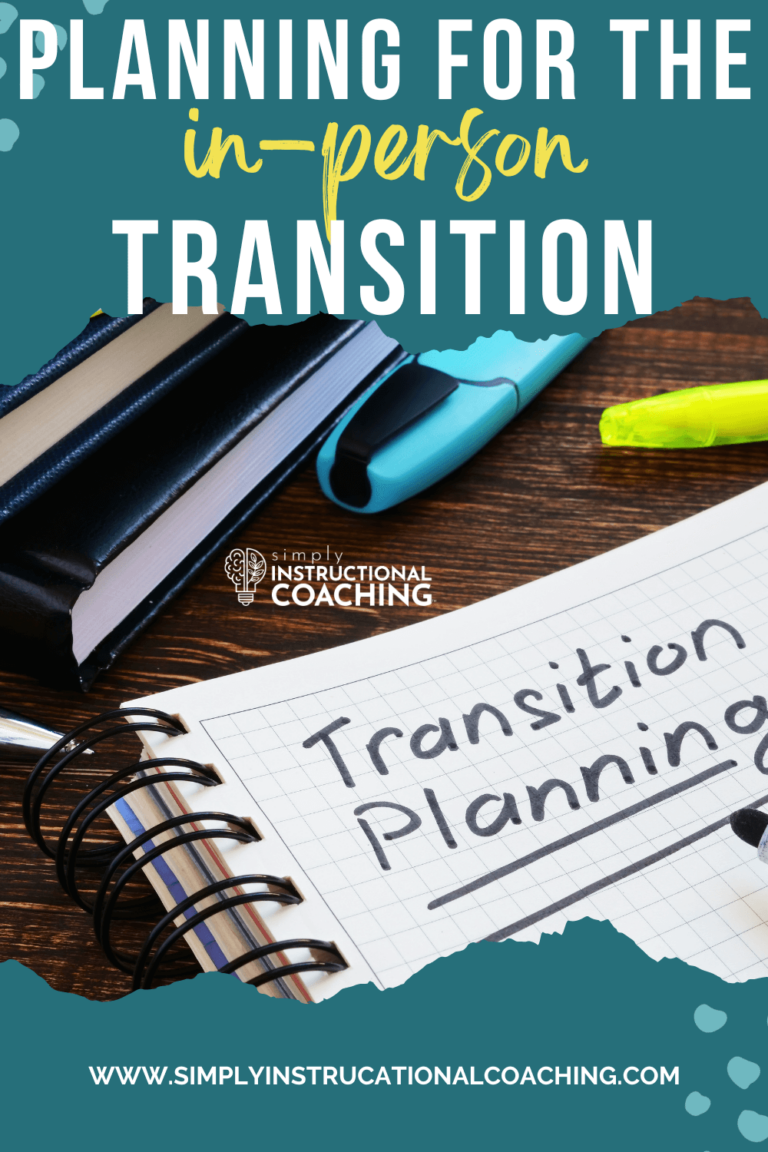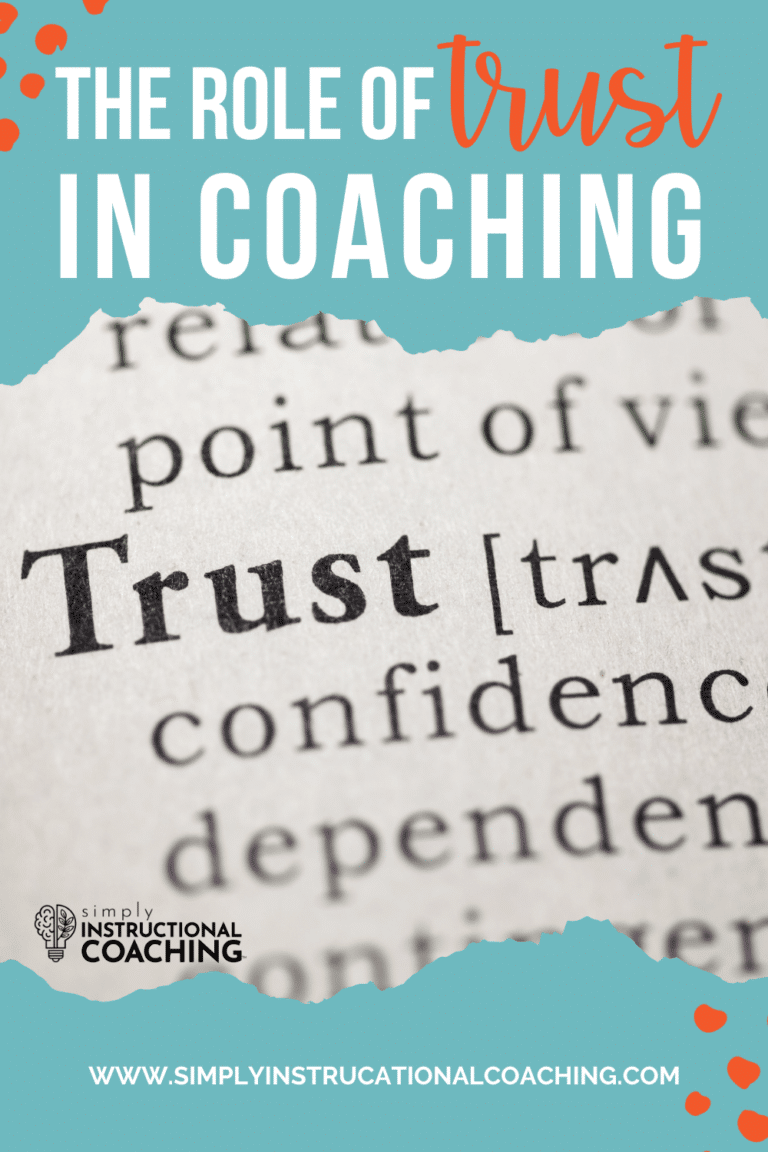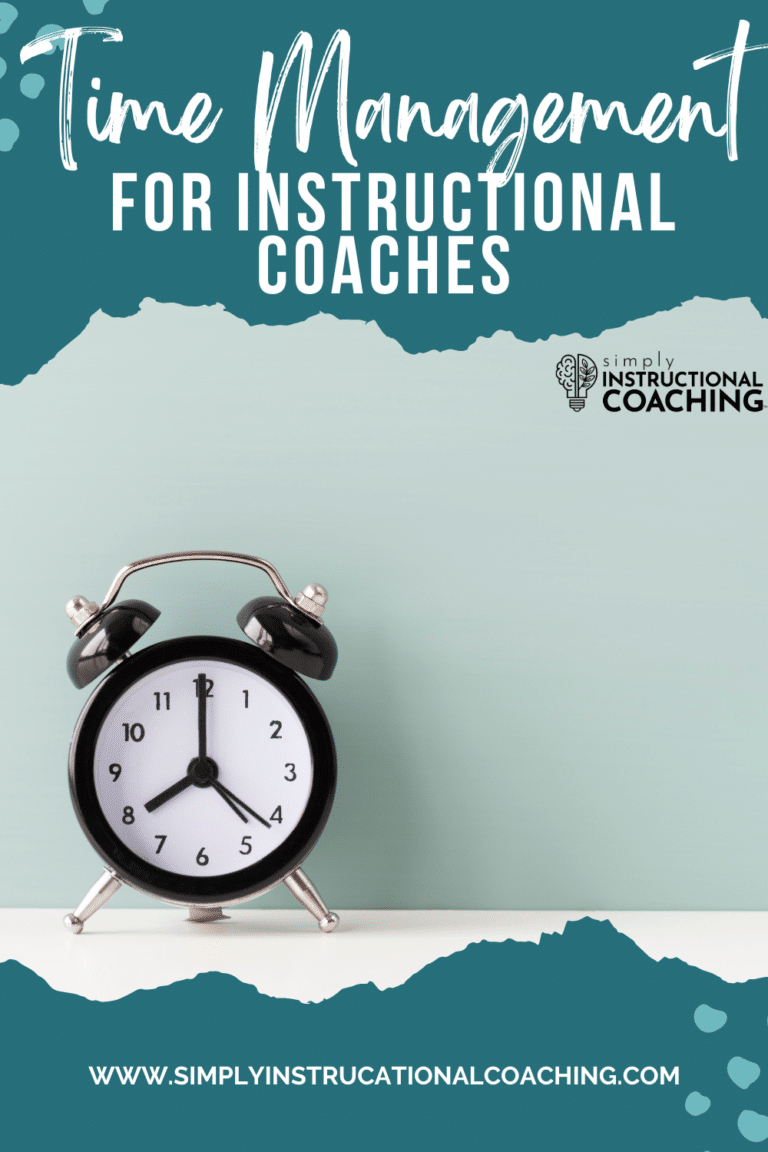5 Tips for a Successful Feedback Meeting
By Nicole S. Turner
Share This Post:
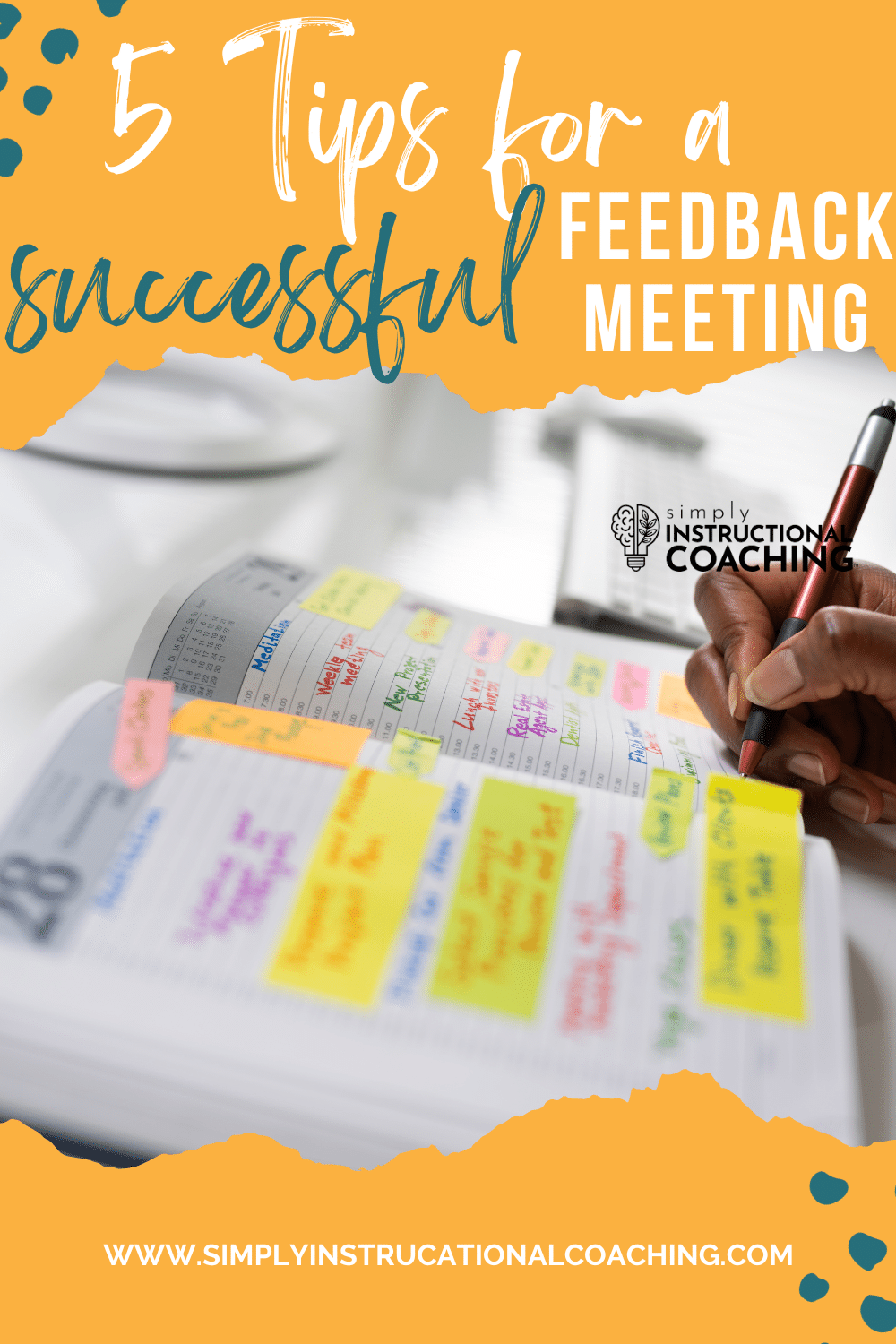
Whether you are a first-time instructional coach or a veteran coach, there is one thing that continues to be a common thread ~ feedback. And we’re not just talking about regular old, “I loved how the kids were engaged throughout your lesson,” feedback. We’re talking about positive, constructive criticism. In most cases, well maybe not MOST, but hopefully, your staff is receptive to the suggestions in order to best benefit those kiddos! Feedback can be intimidating to some, so I’ve put together some helpful tips to make the most out of those meetings that we may not always be looking forward to having! Keep this in mind: the purpose of a feedback meeting is to positively influence student learning!
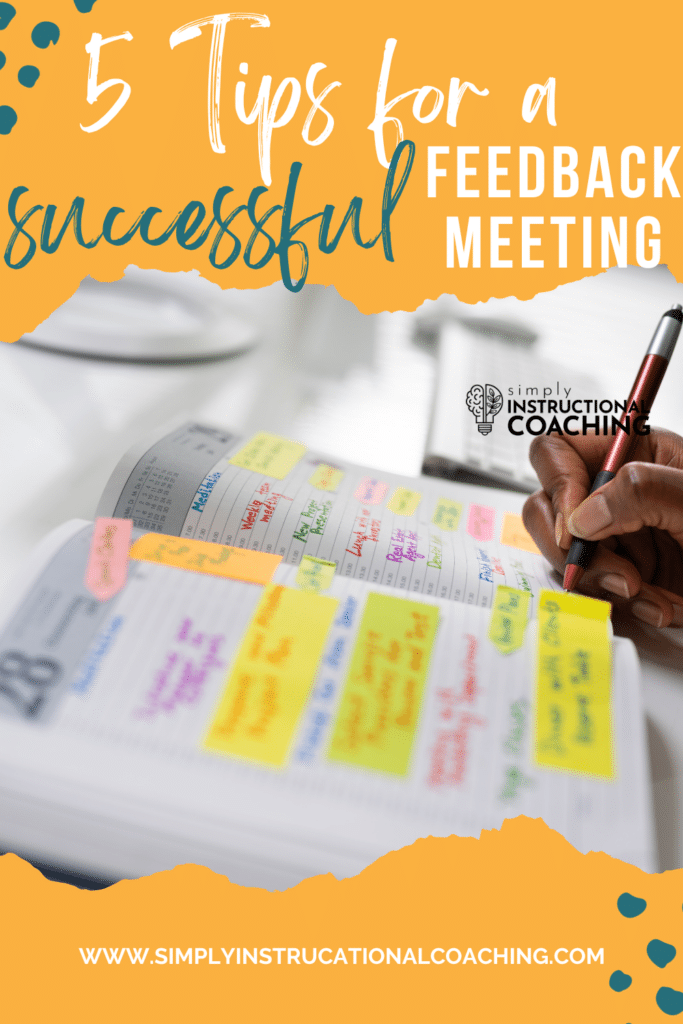
5 Tips for a Successful Feedback Meeting

Provide Precise PRAISE!!!
As always, you want to establish a positive relationship with your staff. Doing so in the most positive way is the most beneficial to ALL involved. Whether this is after the first observation or the twentieth, always start your feedback meeting with something that the teacher did well! Just like with kiddos, we all want to feel good about what went well! This will set the tone of the meeting and can make or break what constructive criticism you may need to suggest later! Be specific in your praise. A simple, “good job,” on the lesson today, isn’t sufficient. A teacher needs to hear what is was that you specifically liked. For example, “I noticed that Sam was being disruptive while working in his small group. Instead of making a scene in front of the entire room, I love how you calmly got down next to him and redirected his behavior!” Being specific lets the teacher know what you liked and is more likely to repeat the behavior.

Ask Probing Questions!
If you really want you cooperating teacher to buy into what they could do to improve the lesson, ask a question that they can come up with the conclusion to. The conversation between the coach and teacher could take a terrible turn if the coach decides to send in suggestions about how to change the lesson. But by asking probing questions, the teacher is more likely to buy into the idea and implement change.

Identify the Problem and Take Action!
After tip #2 has been done successfully, tip #3 will fall right into place. By asking probing questions, the teacher should be able to identify what the problem is/was. This will give you the ammo you need to put practice into action. Teachers who can successfully identify the problem and put steps for improvement into action will continue to be reflective in the coming weeks. If a teacher can not identify what the problem was, again, it’s the instructional coaches responsibility to positively share what could be done to improve student achievement. Always, always, always make the focus, not on what went wrong with a lesson, but what can be done to improve student achievement.

Practice with the Teacher!!!
Just as a teacher would do with students, an instructional coach needs to do with teachers ~ model. After the problem has been identified, the instructional coach models the role of the teacher while the teacher takes on the role of the student. Role playing is a great modeling tool for practice before the next time the lesson is delivered. It will give the confidence to the teacher that he/she needs to perform so the students improve. After the teacher feels confident in learning what the coach has modeled, roles are switched so the teacher can practice with a “pretend student.”

Plan Ahead and Follow Up!
Make sure you discuss with your cooperating teacher when he/she will implement the practiced strategy and put it into the lesson plans. Next set up a meeting time to provide feedback for the newly revised and taught lesson! Continue to look for the positives and stress the importance of staying on top of the latest techniques to improve student achievement! After all, we are all in this profession because of the kids!

